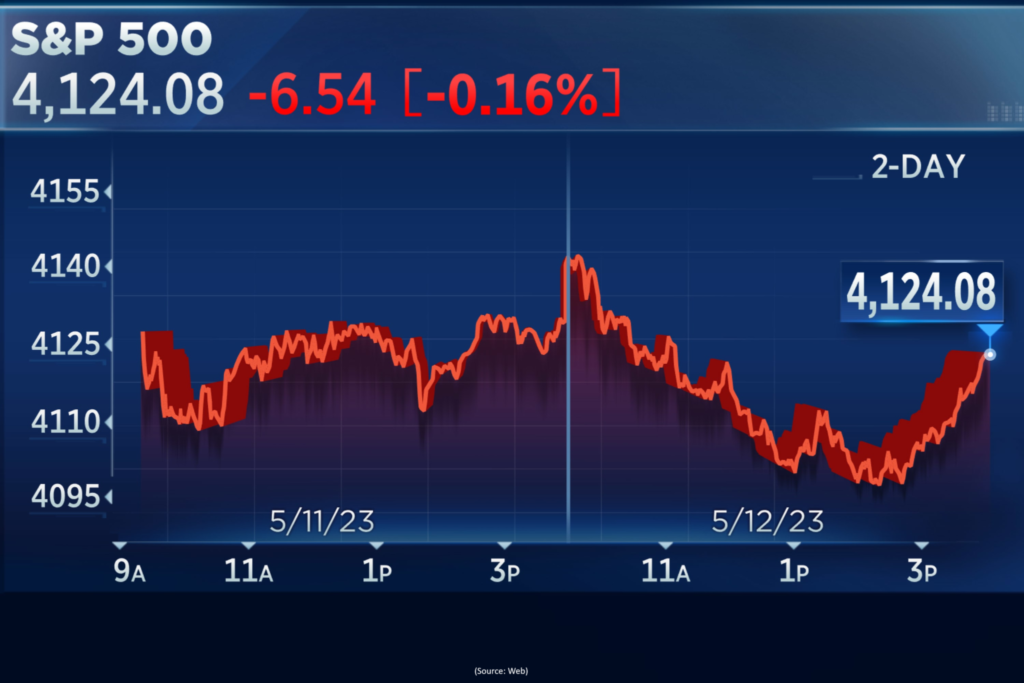
Stock prices are influenced by a multitude of factors, including macroeconomic indicators, company-specific news, market sentiment, and investor behaviour. Here are some of the key factors that can influence stock prices:
1. Earnings Reports:
A company’s financial performance, as reflected in its quarterly or annual earnings reports, can significantly impact its stock price. Positive earnings surprises often lead to price increases, while disappointing earnings may result in price declines.
2. Revenue Growth:
Investors pay close attention to a company’s revenue growth rate, as it indicates the company’s ability to generate sales and expand its business. Higher revenue growth often correlates with higher stock prices.
3. Industry Trends:
Trends and developments within specific industries or sectors can impact stock prices. For example, technological advancements, regulatory changes, or shifts in consumer preferences can affect the prospects of companies operating within those industries.
4. Profitability:
Profitability metrics such as net income margins, return on equity (ROE), and return on assets (ROA) are important indicators of a company’s financial health. Profitable companies tend to command higher stock prices.
5. Economic Indicators:
Macroeconomic factors such as GDP growth, inflation rates, interest rates, and unemployment figures can influence overall market sentiment and investor confidence, which in turn affects stock prices.
6. Market Sentiment:
Investor sentiment and market psychology play a significant role in determining stock prices. Positive news or market optimism can drive prices higher, while negative sentiment or fear can lead to sell-offs and price declines.
7. Global Events:
Geopolitical events, natural disasters, global health crises, and other external factors can have widespread implications for financial markets and may impact stock prices.
8. Company News:
Specific events related to a company, such as product launches, mergers and acquisitions, management changes, or legal issues, can have a direct impact on its stock price.
9. Market Supply and Demand:
Stock prices are influenced by the basic economic principle of supply and demand. If more investors are buying a stock than selling it, the price tends to rise, and vice versa.
10.Analyst Recommendations
Recommendations and ratings from financial analysts and research firms can influence investor sentiment and stock prices. Positive analyst coverage often leads to increased investor interest and higher prices.
11.Technical Factors:
Technical analysis tools and indicators, such as moving averages, support and resistance levels, and trading volumes, can also influence stock prices as they reflect investor behaviour and market trends.
It’s important to note that stock prices are determined by the collective actions and expectations of millions of investors, making them inherently unpredictable in the short term. As such, investors should conduct thorough research and analysis while considering various factors before making investment decisions.







